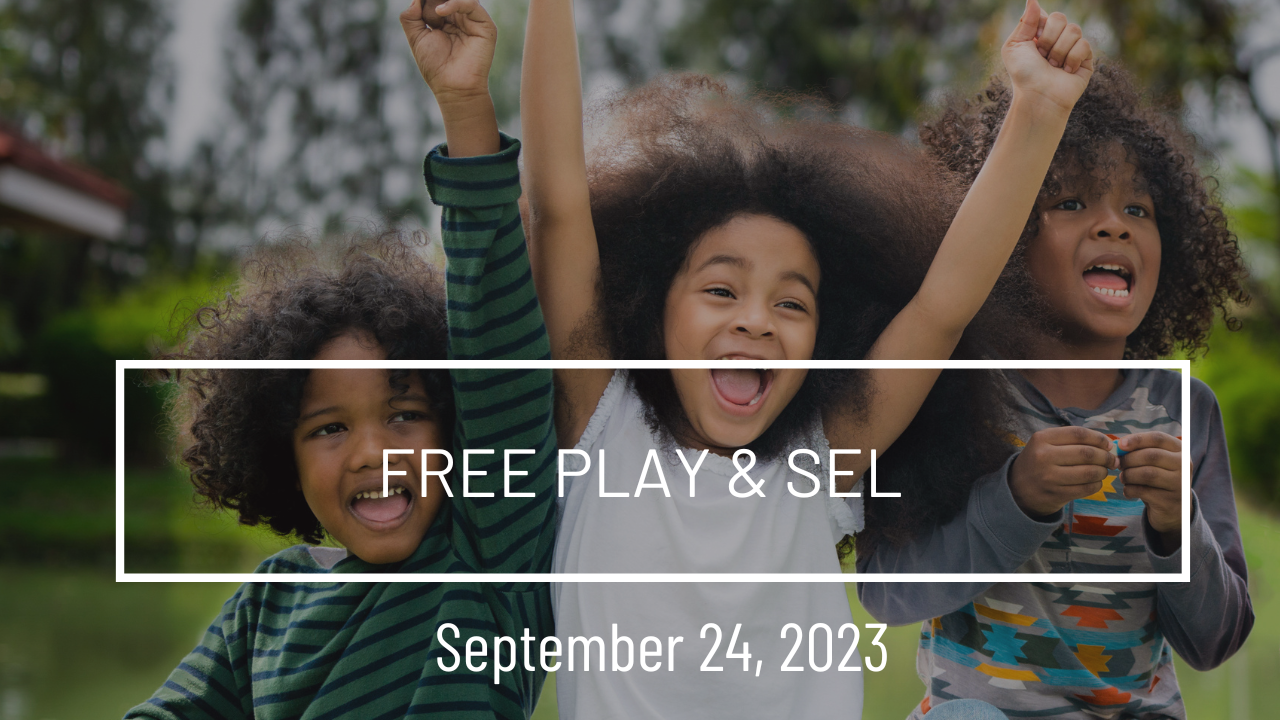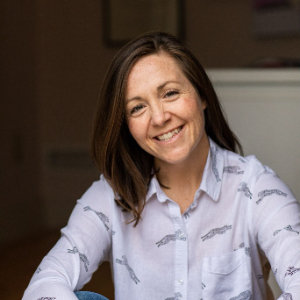
Free Play & SEL
Free play is a child’s work! Play is where we achieve so many developmental milestones, how we nurture creativity and follow our purpose, how we learn to connect with others, and how our actions impact those around us. I believe that if we allow more time and space in the school day for children to PLAY, we will find more natural opportunities to teach SEL and support children in developing these important skills. Plus, academics will feel more accessible because kids are more regulated after they are outside playing and being creative. This week we consider ways to build more free time into the school day, and the benefits you will notice right away.
Free Play and SEL
The education system is working to re-prioritize. We see this with the growing demand and focus on social and emotional learning. Research has shown us the importance of SEL skills in young children leading to more success later in life. These skills not only impact the individual child's success, but also the community, and ultimately will have a significant economic impact. We know SEL is important for everyone.
What schools are trying to navigate now is HOW do we build this into the school day. SEL is not a linear process. It is not like teaching reading or math. It is much harder to measure. It is certainly harder to teach, especially since most adults are learning these skills themselves. Not only that, but teachers have so many demands, adding one more thing to a school day feels impossible. If this is the overall feeling of teachers, the lessons they squeeze in won’t be impactful long term. We need a slow and steady change that is long-lasting and touches everyone.
Consider taking more time out of each day (or even just once a week) to give students more time and freedom to choose their activity. Recess is short, so it’s hard for kids to really dive into a creative game. If there is any room in your week or day to give students more time to get their creative juices flowing and dive into an activity of their choice, this is the best way for children to decompress their stressors and free up brain space for learning. Think about how much better you feel after a walk break, or connecting with a friend after you’ve been working on a project for a long time. Your brain needs a break to reset.
We see many positive results around efficiency, productivity, decreased stress, and improved overall happiness in adults who take these breaks and have more freedom in their work schedule. Let’s apply these same evidence-based ideas to the school day and see what happens.


